The Ultimate Guide to Vegetable Seasoning Powder: A Flavorful Journey for Every Kitchen
Table of Contents
Introduction to Vegetable Seasoning Powder
Vegetable seasoning powder is a versatile blend of dried herbs, spices, and sometimes dehydrated vegetables that adds depth, flavor, and aroma to any dish. Unlike traditional salt or pepper, it offers a complex taste profile that can elevate simple meals into gourmet experiences. Whether you're a seasoned chef or a home cook with a passion for plant-based cooking, vegetable seasoning powder is an essential tool in your kitchen.
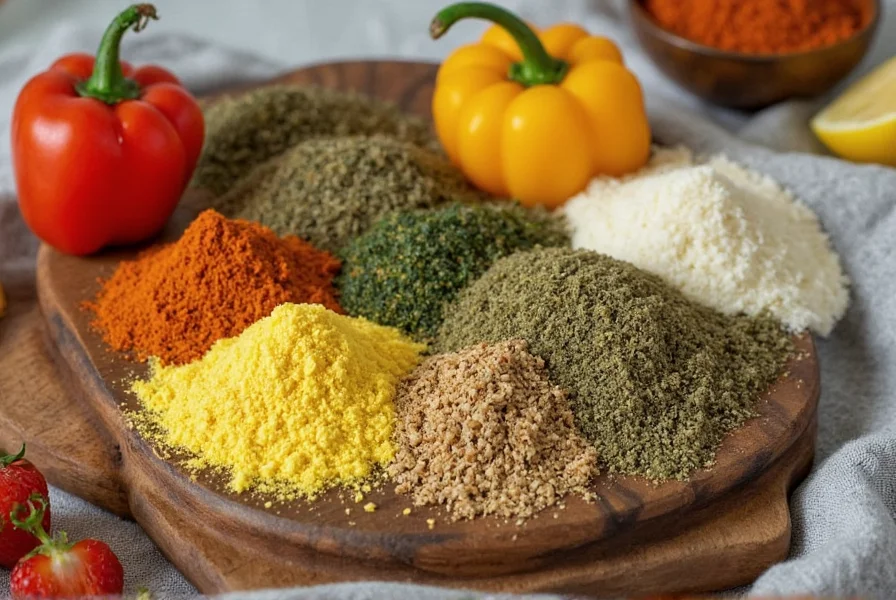
This blend typically includes ingredients like garlic, onion, thyme, rosemary, oregano, paprika, and even nutritional yeast for a umami boost. It's perfect for seasoning roasted vegetables, soups, stews, grains, and even vegan meat alternatives. The best part? It’s easy to store and use, making it a go-to for quick and healthy cooking.
Why Use Vegetable Seasoning Powder?
There are countless reasons to incorporate vegetable seasoning powder into your daily cooking routine. Let’s break down the key benefits:
- Enhanced Flavor: It brings out the natural flavors of vegetables and complements other ingredients without overpowering them.
- Convenience: Instead of measuring multiple spices separately, you can use one convenient mix to season your dishes.
- Versatility: From salads to sauces, it can be used in almost any recipe where you want a savory, herbaceous note.
- Healthier Option: Many commercial blends are low in sodium and free from artificial additives, making them a healthier choice than some pre-made seasonings.

One of the most appealing aspects of vegetable seasoning powder is its ability to mimic the rich, deep flavor of slow-cooked, homemade dishes. With just a sprinkle, you can transform a bland plate of veggies into something truly satisfying.
How to Use Vegetable Seasoning Powder
Using vegetable seasoning powder is straightforward, but there are a few tips to maximize its impact:
- On Roasted Vegetables: Toss chopped veggies like carrots, zucchini, bell peppers, and eggplant with olive oil and a generous amount of seasoning before roasting.
- In Soups and Stews: Add a teaspoon or two during the cooking process to deepen the flavor of your broth.
- As a Dry Rub: Mix with a bit of oil or water to create a paste and apply it to tofu, tempeh, or seitan before grilling or baking.
- In Grain Bowls: Sprinkle over quinoa, brown rice, or farro for a burst of flavor without extra calories.
- With Hummus or Dips: Stir into hummus, guacamole, or yogurt-based dips for a more complex taste.
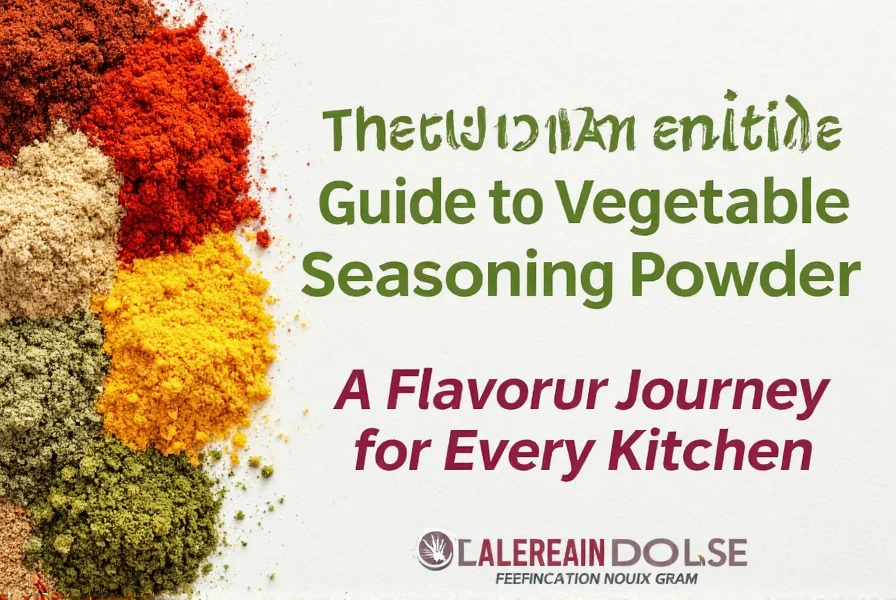
Experiment with different quantities based on your taste preferences. You can always add more, but it’s hard to remove excess seasoning once it's mixed in.
Top 10 Tips for Using Vegetable Seasoning Powder
Whether you're new to this spice or a long-time user, these tips will help you get the most out of your vegetable seasoning powder:
- Use Fresh Ingredients: Always check the expiration date and ensure the powder is stored in an airtight container away from moisture and heat.
- Combine with Oil or Water: For better adherence, mix with a small amount of oil or water before applying to food.
- Don’t Overdo It: Start with a small amount and adjust as needed. Some blends are quite strong.
- Customize Your Blend: Make your own seasoning by combining your favorite herbs and spices. This allows for personalization and ensures quality.
- Pair with Acidic Ingredients: Vinegar, lemon juice, or tomatoes can enhance the flavor of the seasoning.
- Store Properly: Keep in a cool, dark place to maintain potency and freshness.
- Try Different Cuisines: Experiment with how it pairs with various cuisines—Mediterranean, Asian, Mexican, etc.
- Use in Baking: Surprisingly, it can add a savory kick to breads, muffins, or crackers.
- Make a Marinade: Combine with soy sauce, garlic, and ginger for a flavorful marinade for tofu or vegetables.
- Pair with Cheese: Sprinkle over cheese boards or melted cheese for a bold flavor twist.

These tips not only improve your cooking but also make the seasoning powder a more integral part of your culinary toolkit.
Buying Guide: Choosing the Right Vegetable Seasoning Powder
If you're looking to purchase vegetable seasoning powder, here's what to consider when choosing the right product:
Key Features to Look For
- Ingredients: Check for natural, recognizable ingredients. Avoid products with excessive fillers or artificial additives.
- Sodium Content: Opt for low-sodium options if you’re watching your intake.
- Origin: Choose brands that source high-quality, organic, or non-GMO ingredients whenever possible.
- Flavor Profile: Some blends have a stronger garlic or onion presence, while others lean more toward herbs and spices. Pick one that suits your taste.
- Brand Reputation: Look for well-known brands with positive reviews and a track record of quality.
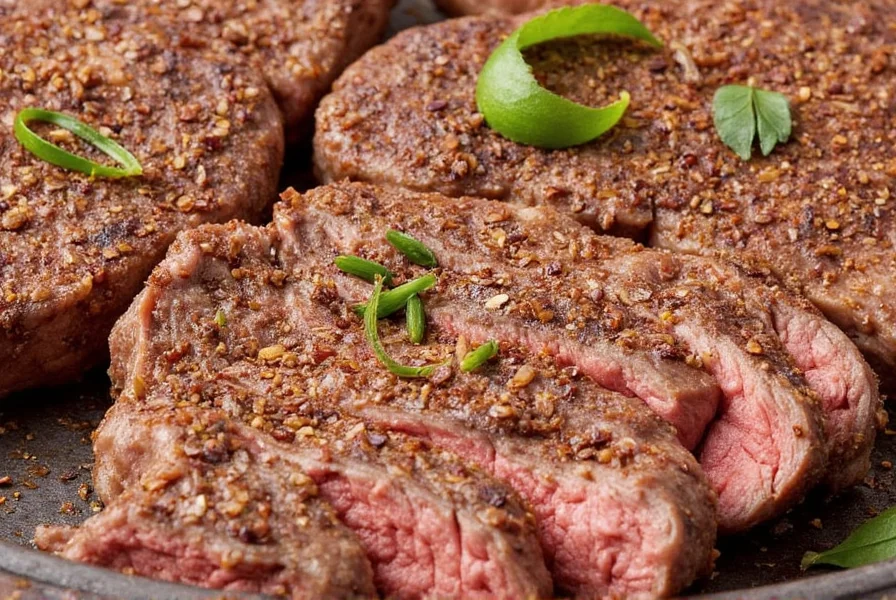
Recommended Products
Here are a few popular vegetable seasoning powders that are highly rated among chefs and home cooks alike:
1. Organic Vegetable Seasoning Mix by Nature's Way
- Features: Organic, gluten-free, low sodium, and contains a balanced mix of herbs and spices.
- Best For: Health-conscious individuals and those following a plant-based diet.
- Use Cases: Ideal for roasting, soups, and grain bowls.
- Occasions: Perfect for weeknight dinners, potlucks, or meal prep.
2. Herb & Spice Blend by Spices Co.
- Features: Rich in garlic, onion, and thyme; no artificial preservatives.
- Best For: Those who enjoy a more robust, savory flavor.
- Use Cases: Great for dry rubs, dressings, and dips.
- Occasions: Suitable for BBQs, family dinners, and casual gatherings.
3. Simple Seasoning by Everyday Spices
- Features: Affordable, easy to find, and versatile.
- Best For: Beginners or those who want a basic, reliable option.
- Use Cases: Works well in a variety of recipes, including baked goods.
- Occasions: Suitable for everyday meals and occasional special events.
No matter which brand you choose, the key is to find a vegetable seasoning powder that aligns with your dietary preferences and cooking style.
Conclusion
Vegetable seasoning powder is more than just a spice—it's a flavor enhancer, a convenience tool, and a way to elevate your plant-based meals. Whether you're using it to season roasted vegetables, soups, or even baked goods, it adds a depth of flavor that can't be matched by simple salt or pepper alone. With the right blend, proper usage, and smart purchasing choices, this seasoning can become an indispensable part of your kitchen arsenal.
So next time you're reaching for the salt shaker, consider giving vegetable seasoning powder a try. It might just be the secret ingredient you've been missing all along.
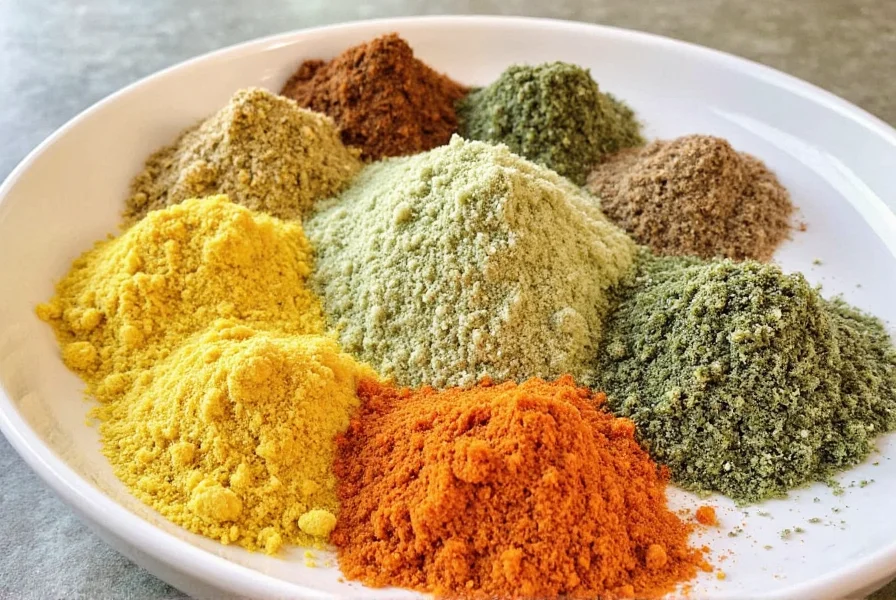
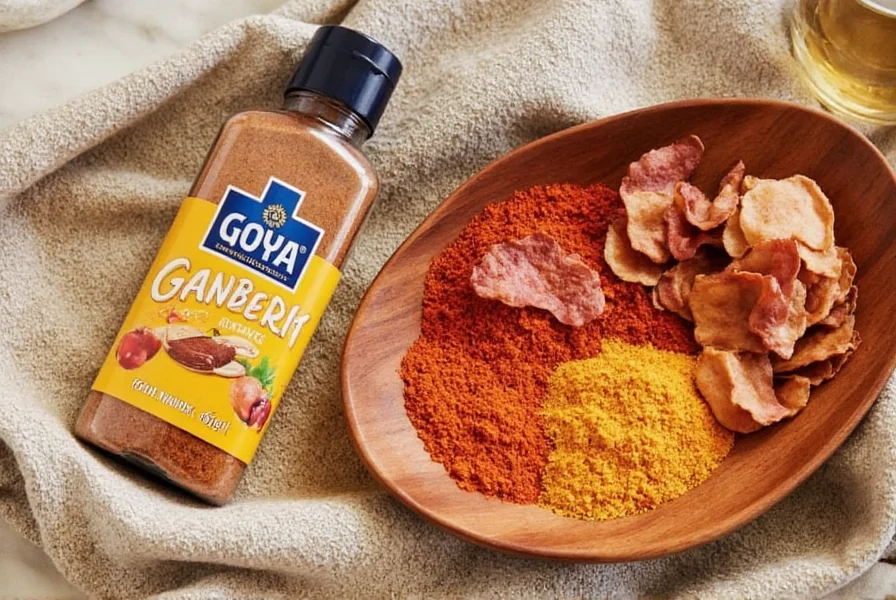
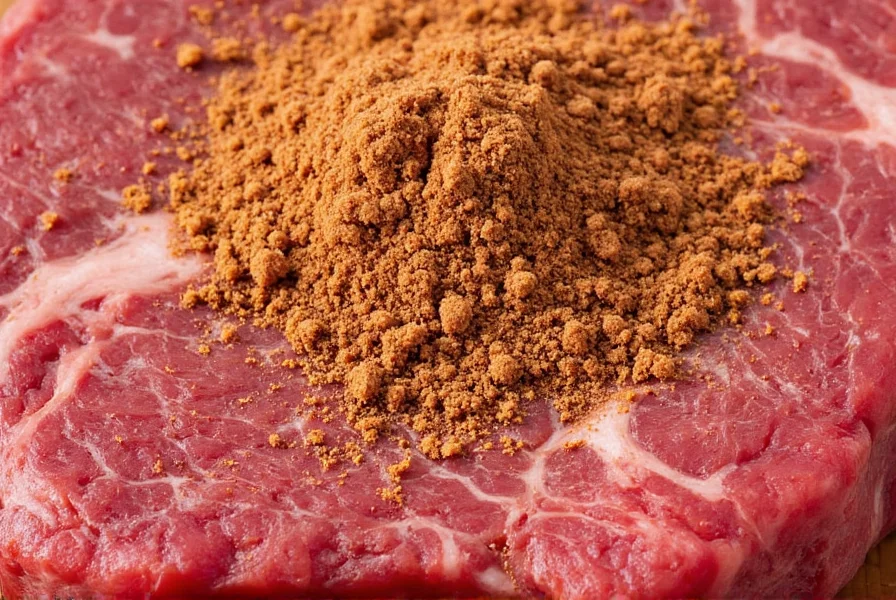
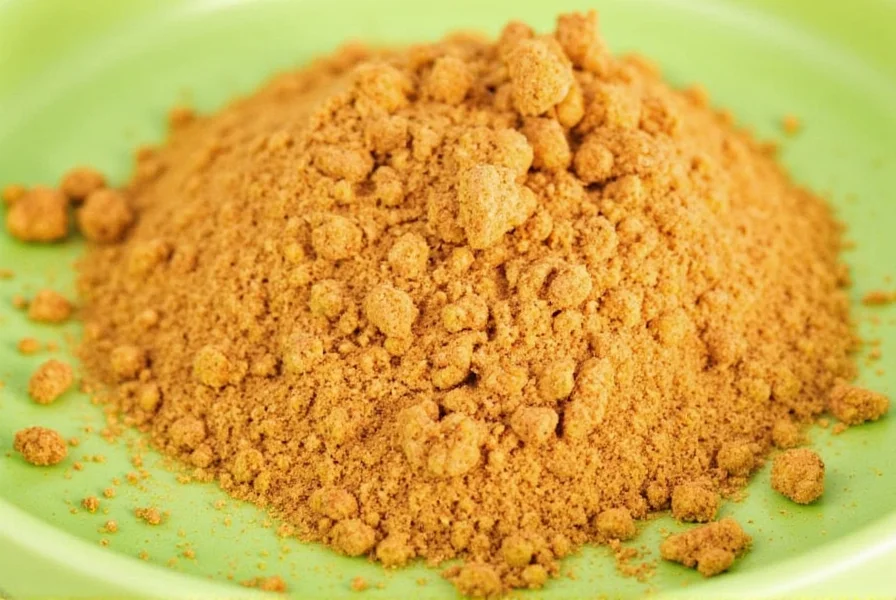

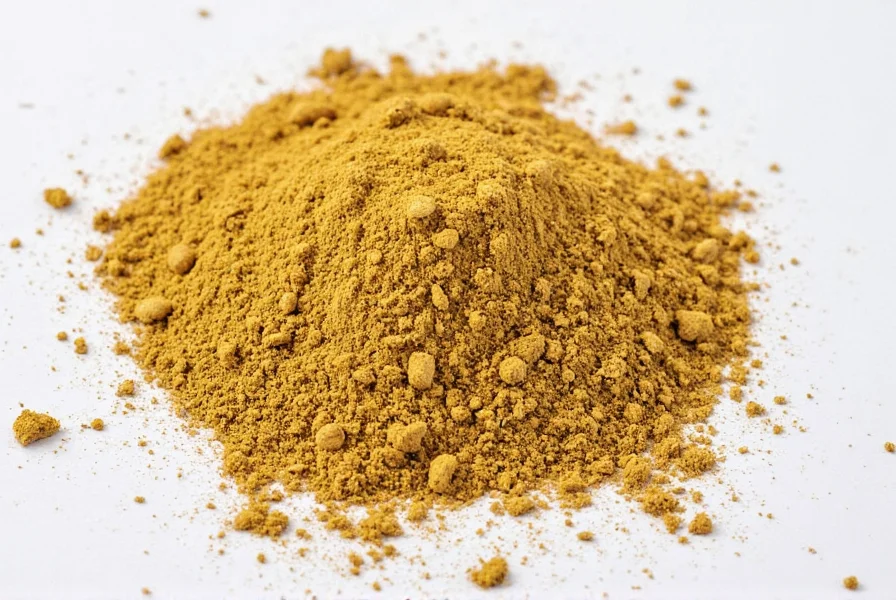









 浙公网安备
33010002000092号
浙公网安备
33010002000092号 浙B2-20120091-4
浙B2-20120091-4